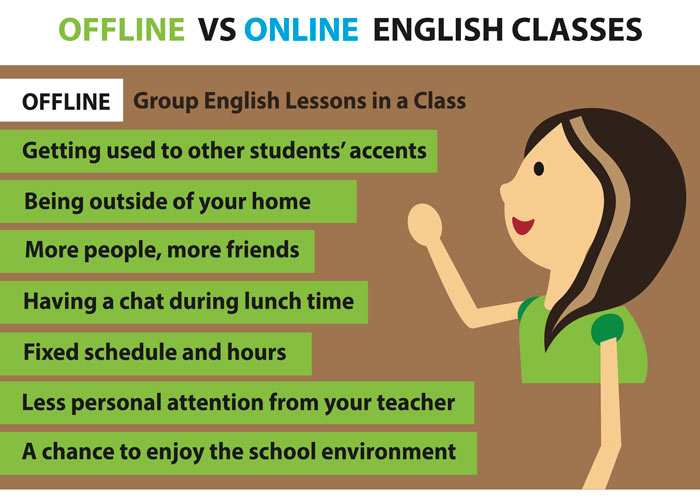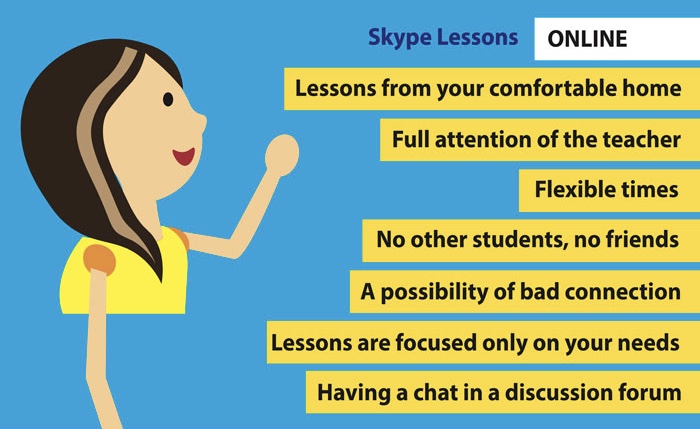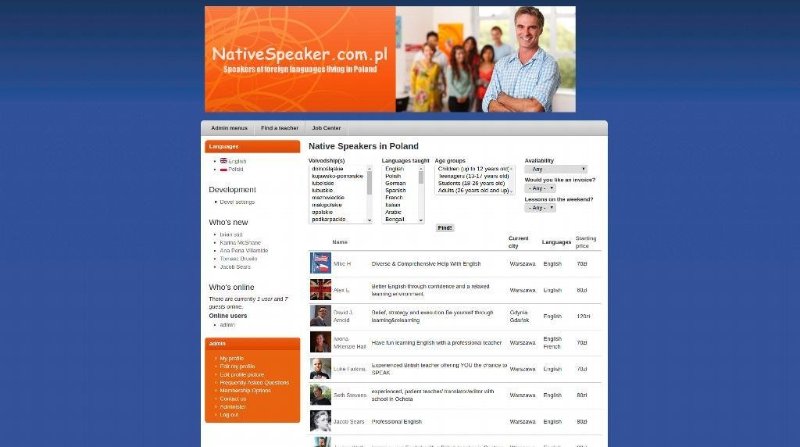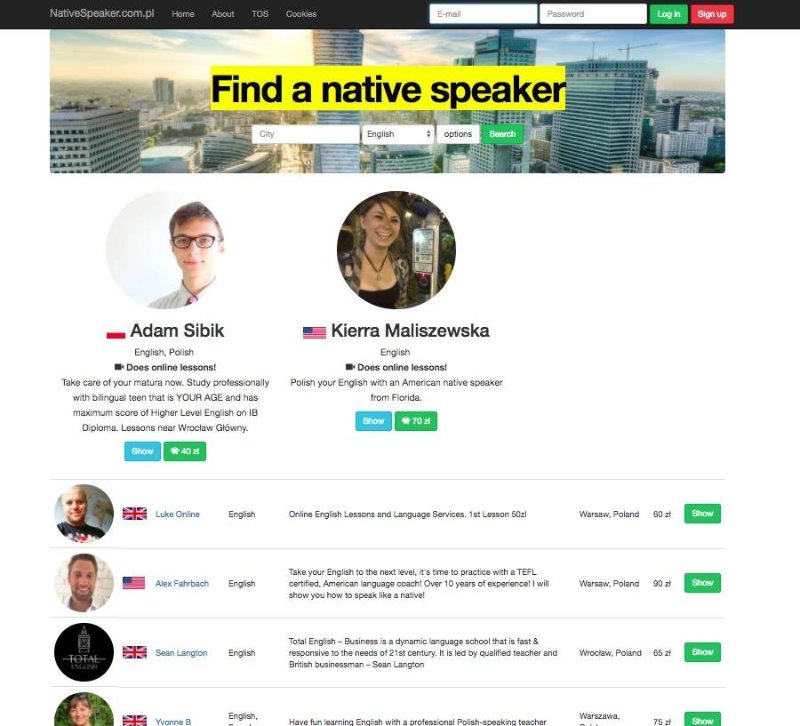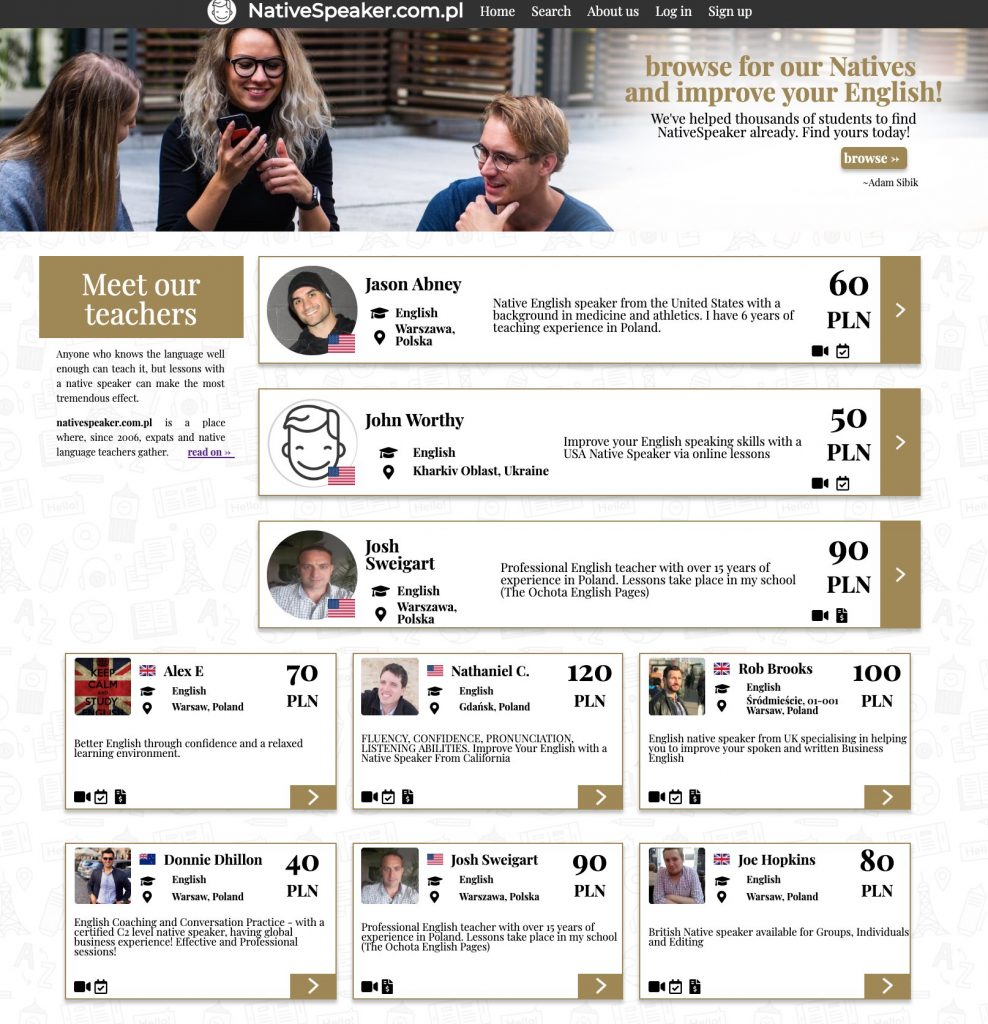Every English teacher in Poland will hear this question countless times. It usually comes up when you approach a new school or client as a freelance teacher:
“Can you issue invoices?”
If you’ve never freelanced or done business before, your reaction is probably something along the lines of “can I issue what?” To make it even more confusing, you’ll sometimes hear the Polish word faktura for invoice thrown in.
An invoice (faktura in Polish) is the business equivelant to the bill that a waiter hands you at a restaurant. It is a request for payment issued by a business to a customer in exchange for a product or service. Just like that bill at the restaurant, it is clearly itemized with every product or service the business has provided, their prices, and the necessary Value Added Tax (VAT – or for you Americans, “sales tax.”)
If you’re teaching as a freelancer, you are the business and you are providing services (teaching) to a customer (the school or private student). Would you feel comfortable paying for a meal at a restaurant without looking at the bill? Very likely not. For the same reason, many schools, business, and private students are hesitant to pay for teaching services without an invoice.
Why every teacher should issue invoices?
Let’s cut right to the chase. Under Polish law, it is not legal to be paid for any freelance teaching services without issuing an invoice. If you are teaching a student and the student or school is paying you, they must either A) pay you as an employee through a work or employment contract, or B) pay you as a service provider through an invoice that you’ve sent them.
Is it common for students to pay their tutors in cash to get around this? Of course. But it’s not legal. For this reason, many students (and the vast majority of schools and businesses) will only work with teachers who can issue a faktura.
By doing private teaching without invoices, you run the risk of not only being caught doing unregistered business activity, but also have no legal protection for your services. Your students can refuse to pay, ditch off, screw you over and leave you with no legal recourse, as technically you’ve been doing something illegal the whole time.
There are numerous reasons why schools prefer to work with freelance teachers instead of employed teachers. Foreign language teaching has the unique status in Poland of being one of the few VAT-free industries. What this means is that when a school pays a freelance teacher through an invoice there is zero Value Added Tax. So remarkably, the school pays zero taxes when paying the teacher
To put things in perspective, the typical VAT in Poland is 23%, and taxes for employed teachers start at 17%, and can be as high as over 50% depending on the contract and salary. So for a school, it’s really a no brainer to pay an English teacher through an invoice rather than through an employment or work contract.
Of course, that doesn’t mean freelancers avoid all taxes. As a service provider, you are obligated to file your own taxes just like any other business. But more on that later.
So how do I issue invoices?
A faktura cannot be issued by an individual; only by a legally registered business.
So logically, the first step to being able to teach legally as a freelancer and issue invoices is to register a business entity. The most basic type of business in Poland is a sole proprietorship, or firma jednoosobowa as it’s called in Polish.
This article won’t go into details about the process of registering a business as there are many excellent blog posts on this subject (such as this one). The process is quite paperwork heavy and will certainly require the assistance of a Polish-speaker (or extensive use of Google Translate). But it can be done in less than a week, and many accountants will take care of it for a very small fee.
Business ain’t easy. Neither is running a sole proprietorship business in Poland. Every invoice must be carefully processed through an accountant to ensure that all taxes are paid correctly. Social security contributions must also be carefully calculated and paid every month. Failing to comply with tax and social security laws can land you in a whole heap of trouble.
If this didn’t sound complicated enough, there’s more bad news. Unfortunately, only EU citizens, permanent residents, and nationals of a select few other countries (good news for Americans: the United States included) can open sole proprietorship companies in Poland. So, if you’re not American or European, most likely your only option will opening another type of company.
With other forms of business, the costs and complexity only get worse. This article won’t explain these further (you can find a list of what businesses foreigners can open on the Polish government’s website), as any other type of company will be far too complex and costly for the average English teacher.
Are there any alternatives?
The simplest and most cost-effective way to start issuing invoices is to join a program such English Wizards’ Freelance Teaching Program. For a small fee, English Wizards will provide you with a legal work permit and access to their accounting and invoicing system.
The entire system is almost completely “hands off;” you simply enter the details of the school or client to be invoiced, enter how much you’re charging per hour, and log your lessons through the online platform. You’ll get your full net rate at the end of the month, with English Wizards taking care of all the invoicing, taxes and accounting in the background.
Furthermore, as you aren’t technically a company, you’ll have zero social security dues to pay. So hurray to saving between 400 and 1 300zl per month! On top of that, being part of a teaching community comes with dozens of other non-tangible benefits for the freelance teacher, such as access to a library of lesson materials, a support network, job connections, and potential clients.

